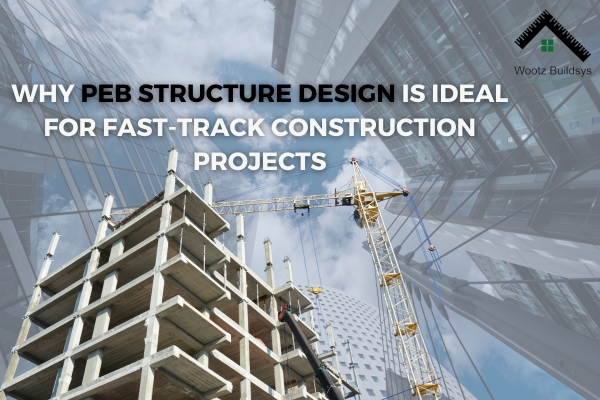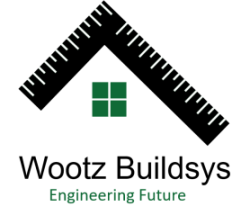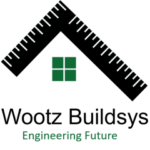
In today’s dynamic construction industry, speed, efficiency, and cost-effectiveness are critical factors for the success of any project. As developers and project owners look for smarter building solutions, PEB structure design has emerged as a clear favorite for fast-track construction projects. But what makes it so ideal for delivering projects on time and within budget? Let’s break it down.
Understanding PEB Structure Design
PEB stands for Pre-Engineered Building, a modern construction technique where building components are designed, fabricated, and assembled in a factory-controlled environment. These prefabricated steel components are then transported to the project site and erected with minimal on-site fabrication. The core principle of PEB structure design is to optimize steel usage, ensure structural stability, and accelerate the construction process without compromising on quality.
Speed of Construction
One of the main advantages of PEB structure design is its unmatched speed. Unlike conventional RCC or brick-and-mortar buildings, which require lengthy on-site work, PEB structures are largely manufactured off-site. While the site is being prepared, the steel frames and panels are simultaneously fabricated at the factory. This parallel workflow can reduce overall project timelines by up to 50%. For commercial, industrial, or institutional projects that demand quick occupancy, this time savings is invaluable.
Precision and Quality Control
Factory-based fabrication means that each component is manufactured using advanced technology and strict quality checks. This ensures high precision and consistency in the building structure. PEB structure design utilizes computer-aided design (CAD) and detailing, which minimizes errors and material wastage. As a result, the final assembly is smoother and faster, with fewer surprises on-site.
Cost-Effectiveness
Time is money in construction. By cutting down the project timeline, PEB structure design reduces labor costs, site overheads, and project management expenses. Additionally, since the steel components are optimized for load-bearing and design requirements, material wastage is minimal, leading to further cost savings. Many builders also appreciate the predictability of costs when using PEB solutions, as the scope for unexpected expenses is significantly reduced.
Flexibility and Expandability
Another advantage of PEB structure design is its flexibility. Whether it’s a warehouse, factory, showroom, or institutional building, PEB structures can be customized to suit diverse architectural and functional needs. Moreover, future expansion is easy—additional bays or floors can be added without disrupting existing operations, which is not always feasible with traditional buildings.
Sustainability and Reduced Environmental Impact
Sustainability is now a priority for modern construction. PEB buildings generate less construction waste because of precise prefabrication. The use of recyclable steel also aligns with green building practices. Additionally, faster construction means less dust, noise, and disturbance at the project site, which minimizes the environmental impact.
Applications of PEB Structure Design in Fast-Track Projects
PEB structure design is widely used for:
- Industrial sheds and factories
- Warehouses and logistic hubs
- Commercial showrooms
- Agricultural buildings and cold storage
- Institutional buildings like schools and auditoriums
- Airport hangars and large-span roofs
In all these applications, the common requirement is fast delivery, which makes PEB the logical choice.
Final Thoughts
With rapid urbanization and rising demands in the construction sector, developers cannot afford lengthy project delays. PEB structure design offers the perfect balance of speed, quality, and cost-efficiency, making it the ideal solution for fast-track projects. By adopting this modern method, builders can stay ahead of deadlines, ensure high standards, and maximize returns on investment.
If you’re planning a project where time is of the essence, it’s worth exploring how a well-planned PEB structure design can make all the difference.
Frequently Asked Questions (FAQ’s )
1. What is PEB structure design?
PEB structure design refers to the planning and engineering of pre-engineered buildings using prefabricated steel components manufactured in a controlled factory environment and assembled on-site for faster construction.
2. Why is PEB structure design faster than conventional construction?
Because most of the building parts are fabricated off-site while site work progresses simultaneously, resulting in a shorter overall project timeline.
3. Is PEB structure design cost-effective?
Yes, it reduces labor costs, minimizes material wastage, lowers site overheads, and helps control unexpected expenses, making it highly cost-effective.
4. What types of buildings use PEB structure design?
Warehouses, factories, commercial showrooms, schools, auditoriums, agricultural sheds, and large-span industrial buildings commonly use PEB structure design.
5. Are PEB structures sustainable?
PEB structures generate less waste, use recyclable steel, and reduce environmental impact through faster, cleaner construction.



